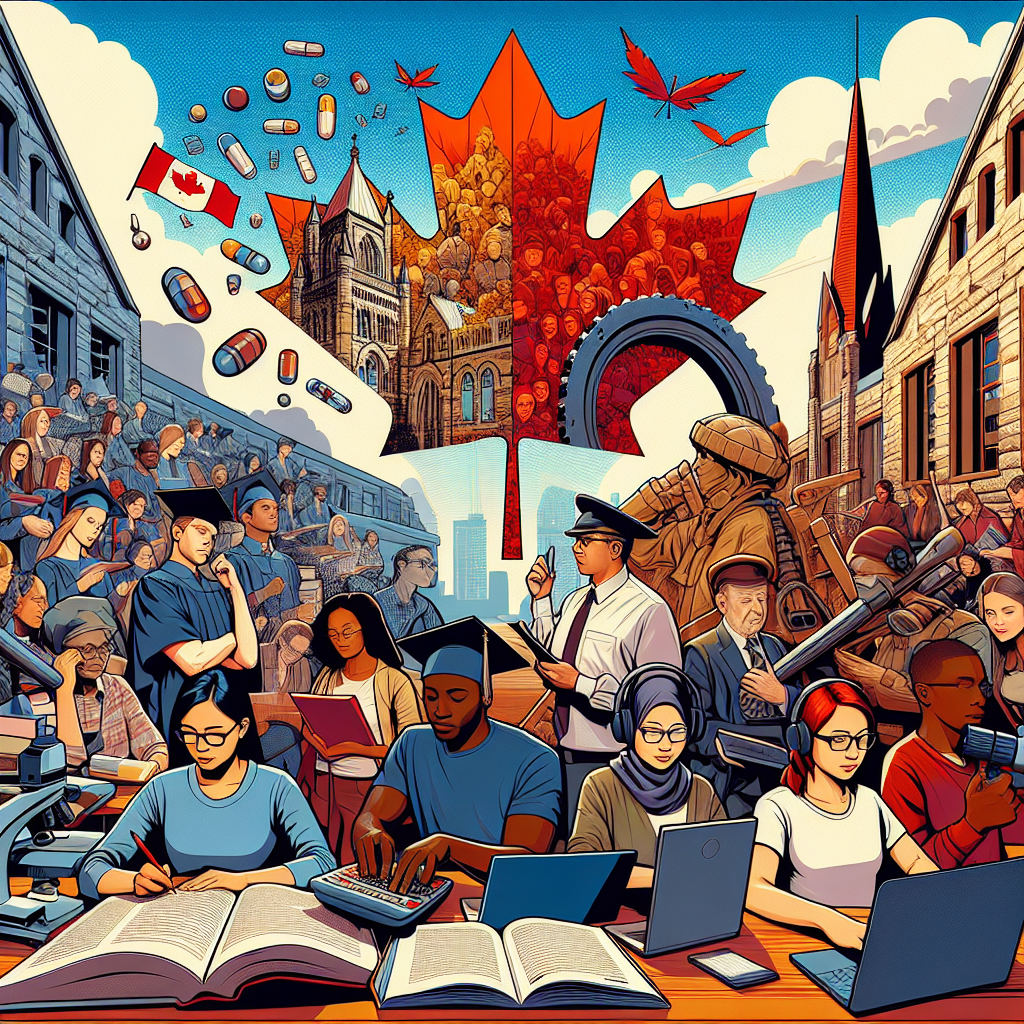IRCC Revises PGWP-Eligible Programs for 2025 Economic Goals

Significant Changes to Canada’s Post-Graduation Work Permit Program: What International Students Need to Know
Effective June 25, 2025, Immigration, Refugees and Citizenship Canada (IRCC) is implementing critical changes to the Post-Graduation Work Permit (PGWP) program. These updates directly affect international students enrolled in non-degree programs at Canadian post-secondary institutions, reflecting a broader strategy to align international education with Canada’s evolving labor market needs.
Key Changes Overview
The IRCC has revised the list of PGWP-eligible fields of study, resulting in a notable shift in available programs for international students. Here are the highlights:
- New Additions: 119 fields of study have been added, primarily in health care, education, social services, and skilled trades.
- Removals: 178 fields have been removed, impacting sectors such as agriculture, transportation, and specific STEM programs.
- Total Eligibility: The revised list now includes 920 eligible fields of study, specifically for diploma and certificate programs.
Who Will Be Affected?
The eligibility criteria vary based on when students applied for their study permits:
- Before June 25, 2025: Students who applied prior to the cutoff will still qualify for a PGWP if their program was on the approved list at the time of application, even if it has since been removed.
- On or After June 25, 2025: New applicants will need to ensure their program is among the updated eligible fields to qualify for a PGWP.
Importantly, students pursuing bachelor’s, master’s, or doctoral degrees are not impacted by these changes.
Implications for Students
For prospective students considering non-degree programs, it’s crucial to verify that their chosen program’s Classification of Instructional Programs (CIP) code matches the newly updated eligible codes. This diligence is essential for obtaining a PGWP upon graduation.
Students should:
- Confirm CIP Codes: Always check their program’s CIP code against the IRCC’s official list.
- Seek Guidance: Consult with academic advisors or immigration consultants to navigate the complexities of the new regulations.
Sector Reactions: Mixed Reviews
While the addition of programs in priority sectors has been largely welcomed, there are concerns regarding the removal of certain fields. Larissa Bezo, President of the Canadian Bureau for International Education (CBIE), highlighted that some removals appear misaligned with current labor market demands, notably in agriculture and construction—areas critical for Canada’s economic growth and food security.
Language Proficiency Requirements
In tandem with program eligibility, students must also meet specific language proficiency requirements, which vary by program level. For instance, college diploma or certificate students need a Canadian Language Benchmark (CLB) of 5, while those in bachelor’s or higher programs must achieve a CLB 7 across all areas.
A New Era for International Education
These updates underline the evolving landscape of international education in Canada. As the PGWP remains a vital pathway to work experience and potential permanent residency, students must approach their educational choices with an informed lens that factors in labor market trends and immigration strategies.
For students currently studying or planning to study in Canada, understanding these changes is essential for making informed decisions about their academic and professional futures. Engaging with experienced immigration consultants can provide valuable insights into navigating these complexities.
In summary, the IRCC’s latest update is not just a bureaucratic change; it represents Canada’s strategic shift towards aligning education with economic needs. As international students prepare to embark on their Canadian educational journeys, they must keep these considerations at the forefront to ensure a successful transition into the workforce.
Reference



